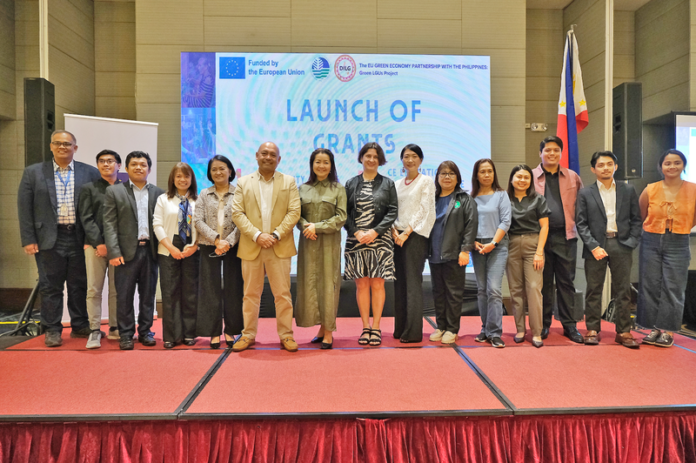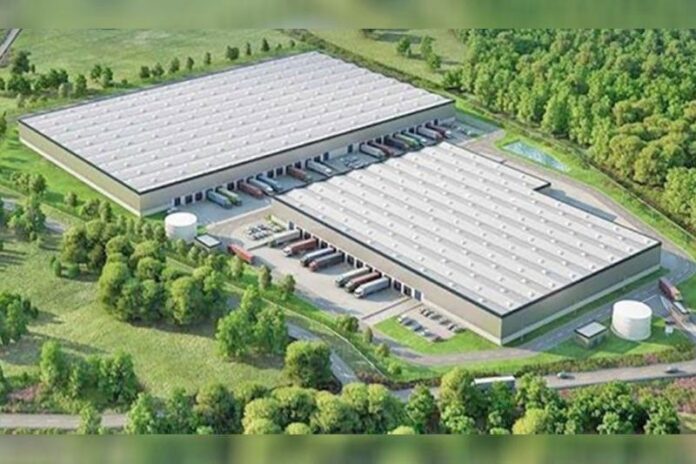The European Union (EU) and the Philippines launched two grant facilities to boost local action for the circular economy.
Funded under the EU Green Economy Partnership with the Philippines (GEPP) – Green LGUs project, the Community Grants and the Circular Economy Education and Behavioural Change Grants will support initiatives in 10 partner local government units to reduce waste, promote inclusion, and raise environmental education.
The grants aim to scale inclusive, grassroots initiatives focused on circular economy solutions, especially those led by local actors and targeting the informal sector, gender and social inclusion.
The grants are part of the EU’s broader partnership with the Philippine government to build greener, more resilient communities.
Spearheaded by the Department of Environment and Natural Resources (DENR), the Green LGUs project is co-implemented with the Department of the Interior and Local Government (DILG) and the United Nations Development Program (UNDP).
The launch was attended by over 230 on-site and online participants, including local officials, civil society, and development partners.
“More than just financial support, the grants recognize the significant role of the people and partnerships and reflect a shared commitment to collaboration, capacity-building, and long-term sustainability,” said DILG Assistant Secretary for International Relations Lilian De Leon,
“By leveraging the expertise and networks of civil society, and academic institutions, LGUs can lead circular economy implementation, and improve both environment and local economic resilience,” she added. UNDP Philippines News
Ileana Miritescu, program manager at the EU delegation to the Philippines cited
the big potential of these grants in building resilient communities and promoting effective local actions to turn waste into valuable resources.
“Grassroots initiatives driven by communities within the cities, towns and barangays across the Philippines are vital in making this vision a reality,” she said
Highlighting the urgency of the transition to a greener and inclusive economy DENR Undersecretary for Policy, Planning and International Affairs Jonas R. Leones outlined key focus areas: formalizing the role of the informal waste sector; promoting education and behavioural change; and mobilizing investments and incentives.
UNDP Philippines Resident Representative Dr Selva Ramachandran stressed the importance of collaborative efforts.
“Full participation of and collaboration with LGUs and CSOs ensures the sustainability of social enterprises and cooperatives, key to advancing the Philippines transition to a circular economy,” he said. UNDP Philippines News








